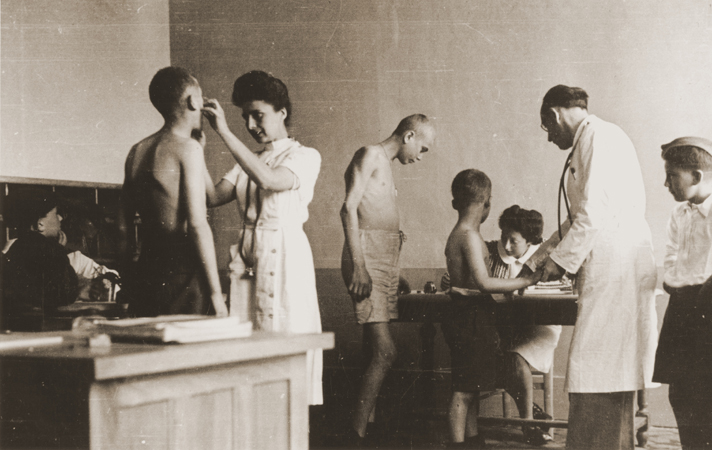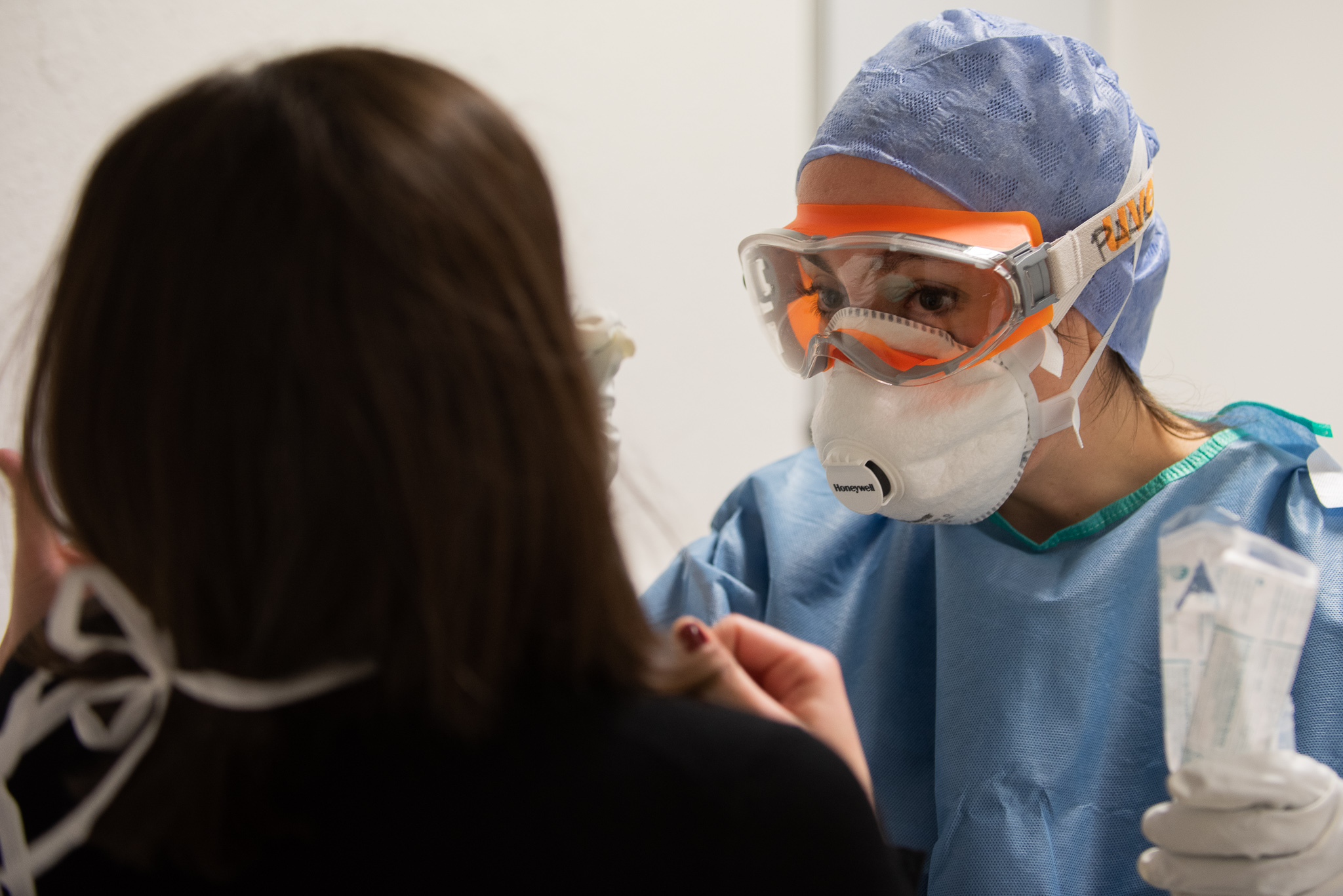Learning about Nazism and the Holocaust is critical for today's medical professionals
2023/11/09 Galarraga Aiestaran, Ana - Elhuyar Zientzia Iturria: Elhuyar aldizkaria

Knowledge of the history of Nazism and the Holocaust has been considered essential by the Lancet Medical History Committee to strengthen current medical and ethical studies and to provide professionals with a more comprehensive view, both in medicine and research. That is the conclusion that this committee has drawn from its first work.
The committee consists of professors, doctors, historians, researchers, experts in bioethics... from four continents, ten countries and a wide range of disciplines that, in addition to collecting medical actions, policies and beliefs in the age of Nazism and the Holocaust, have made lessons for current medical practices and have proposed pedagogical guidelines for the formation and training of professionals.
In fact, they consider that in many places reflections of the medical practices and beliefs of the time can be found, not only in the past, but also in the present, such as paternity, machismo, racism, people phobia or the LGTBIQ+ group, anti-Semitism, obstetric and geriatric violence…
They consider that traditional medical training falls short of everyday and future ethical challenges, as demonstrated by the lack of health personnel in the COVID-19 pandemic to address ethical and moral issues. To fill this gap, they propose to show extreme examples of Nazism and the Holocaust, understanding that knowledge of this history can be useful in making correct and fair decisions in dubious contexts and in situations of conflict of values.
Indeed, according to the report, Nazi barbarities are among the most extreme and best-documented examples of human rights violations. And while there's a temptation to consider monsters who drove and did them, the evidence was clear that they were no exception. On the contrary, history shows that many researchers and health professionals can inethically act against their patients and commit crimes against them in concrete and under pressure contexts.
The Commission therefore considers that researchers and health workers should be provided with tools to identify and prevent human rights violations and genocide. In short, they have demanded permanent ethics in the center of medical research and practice, and have explained how they understand ethics, textually: “Any conceptualization of ethics must be based on the fact that all beings have been born equal, they are owed dignity, autonomy and equity, and that they deserve to be treated with empathy and respect”.

Gai honi buruzko eduki gehiago
Elhuyarrek garatutako teknologia






